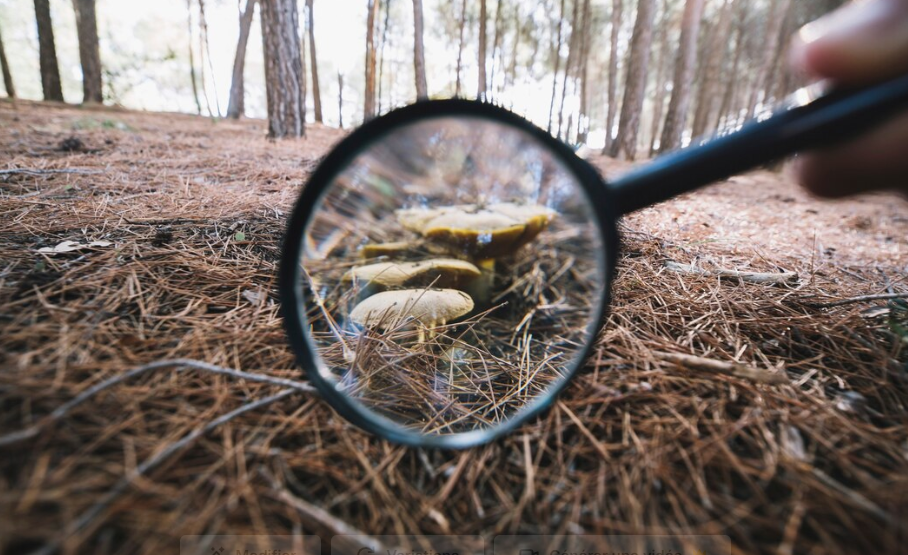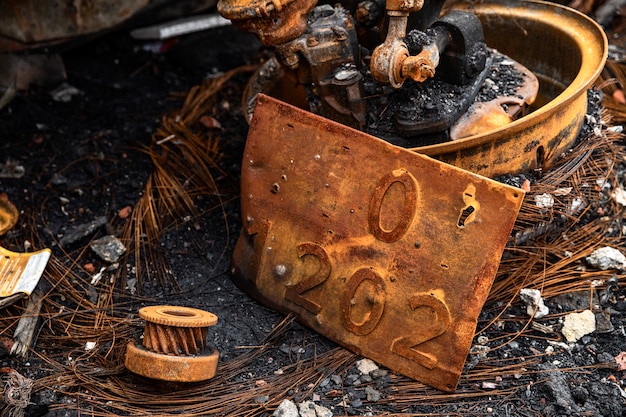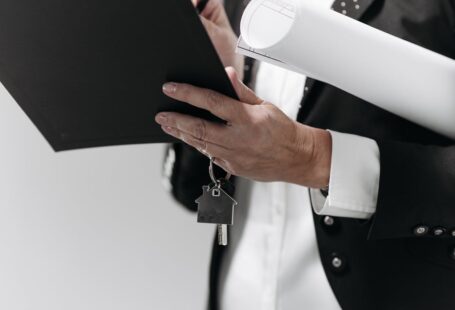Metal detectors have always fascinated many. They are used for finding buried treasures and ensuring safety. Whether you’re new or experienced, knowing how they work is key. This guide will cover their history, uses, and how to choose the right one.
For more info on metal detectors and to see many options, visit this website. And if you’re starting out, check out this article for beginner tips. Happy hunting!
A Brief History of Metal Detectors
The idea of metal detection started in the late 19th century. Alexander Graham Bell invented the first metal detector in 1881. He tried to find a bullet in President James Garfield’s body, but it didn’t work. Still, it was a start.
Over time, metal detectors got much better. During World War II, they helped find landmines. By the 1960s, hobbyists started using them for treasure hunting. Now, they have cool features like discrimination and depth indicators.
How Do Metal Detectors Work?
Metal detectors use electromagnetic induction. They have a coil that creates a magnetic field. When moved over metal, it induces a current and alerts the user.
Today’s metal detectors have cool features. They can ignore certain metals and find smaller objects. Some even adjust for soil types.

Types of Metal Detectors
There are many types of metal detectors, each for different uses. Here are the main ones:
1. Very Low Frequency (VLF) Detectors
VLF detectors are loved by hobbyists. They’re good for finding many metals and are easy to use. They’re great for beginners and are used for many activities.
2. Pulse Induction (PI) Detectors
PI detectors find metals deep down, perfect for gold hunting and underwater searches. They use one coil for everything but can’t tell different metals apart.
3. Beat Frequency Oscillation (BFO) Detectors
BFO detectors are simple and cheap. They’re good for basic tasks but don’t have the features of VLF and PI detectors.
4. Multi-Frequency Detectors
These detectors use many frequencies at once. They work well in tough places and are great for many activities.
Applications of Metal Detectors
Metal detectors are used in many fields. Here are some examples:
1. Treasure Hunting
Treasure hunting is a big use of metal detectors. People look for coins, jewelry, and more. Some focus on specific treasures, like Civil War items or ancient coins.
2. Archaeology
Archaeologists use metal detectors to find and recover historical artifacts. These tools help them find the right places to dig and uncover items that tell us about the past.
3. Security
Metal detectors are key in keeping places safe. They are used at airports, schools, and events to find weapons and explosives. This helps keep everyone safe in risky areas.
4. Industrial Use
In factories, metal detectors check products for metal. They are used in the food, pharmaceutical, and textile industries. This ensures the quality and safety of products.
5. Gold Prospecting
Gold prospectors use special metal detectors to find gold nuggets. These detectors are made to handle tough ground and find small targets.

Choosing the Right Metal Detector
Choosing the right metal detector depends on your needs and budget. Here are some things to think about:
1. Purpose
Think about what you want to do with the metal detector. Are you hunting for treasure, looking for gold, or checking for security? Each use needs a different detector.
2. Skill Level
Beginners should choose easy-to-use detectors. More experienced users might want detectors with more features.
3. Budget
Metal detectors vary in price. Set a budget and find a detector that’s worth it for you.
4. Environment
Think about where you’ll use the detector. For wet or mineral-rich areas, look for detectors with waterproof coils and ground balance settings.
Tips for Using a Metal Detector
To get the most out of your metal detector, follow these tips:
- Read the Manual
Learn about the detector’s features and settings before you start. - Practice
Practice in your backyard or a local park to get used to the device. - Use Headphones
Headphones help you hear faint signals better, especially in noisy places. - Research Locations
Look for places with history or lots of people to find valuable items. - Respect Laws and Regulations
Always get permission before searching on private land and follow local laws.
Conclusion
Metal detectors open up a world of possibilities. They help find hidden treasures and keep us safe. Whether you’re new or experienced, knowing about different detectors can improve your hunting. With the right tool and practice, you’ll uncover secrets beneath your feet.






